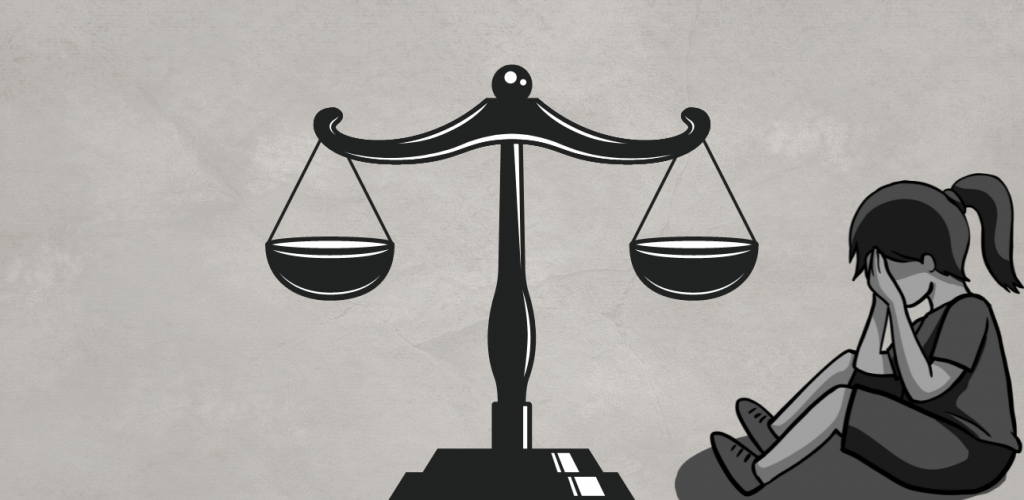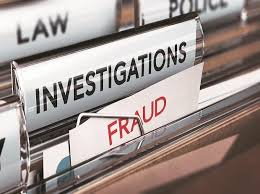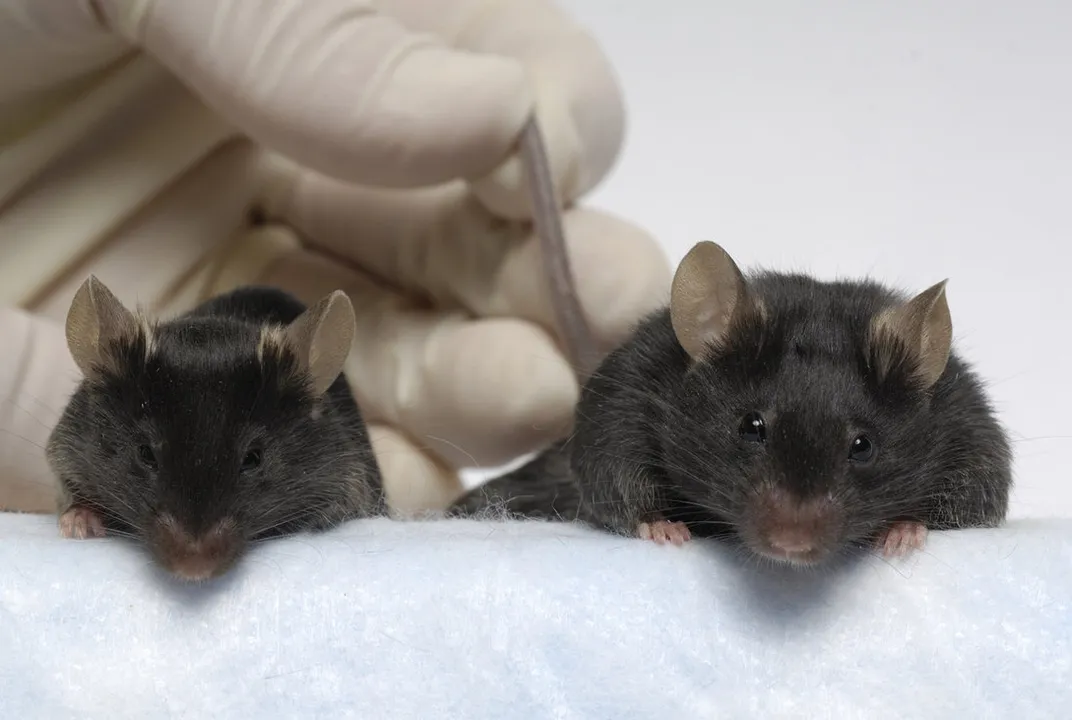In England, there’s currently no legal requirement to report child abuse, though government safeguarding guidance advises that anyone concerned about a child’s welfare should consider referring them to local social services, especially if there’s suspicion of serious harm. This expectation, while not legally binding, implies compliance unless there are exceptional reasons not to.
Recent high-profile abuse cases have reignited calls for mandatory reporting by professionals such as teachers and social workers, though some fear it could lead to excessive and superficial reports. In 2023, the Independent Inquiry into Child Sexual Abuse recommended mandatory reporting, a proposal that the Conservative Government initially backed before shelving it with a change in leadership. However, on July 29, 2024, Baroness Grey-Thompson introduced a Bill to mandate reporting of known or suspected child sexual abuse, aiming to protect reporters from retaliation and establish an offense for failing to report concerns. The Bill’s initial reading has set the legislative process in motion, though rapid progress is unlikely.
Key Elements of the Proposed Duty
The Bill would impose a legal duty on individuals in regulated roles to report known or suspected child sexual abuse. This duty applies regardless of where the abuse is alleged to have occurred.
Scope of the Duty
The duty covers professionals in sectors defined by the Safeguarding Vulnerable Groups Act 2006, including education, healthcare, childcare, social care, youth institutions, recreational facilities for children, and certain transportation services. The Secretary of State would have the authority to amend the list of sectors covered by this requirement.
Under this Bill, operators of regulated activities and staff in managerial or welfare roles are considered to hold a position of trust and have direct contact with children. Other employees and volunteers in direct contact with children during their tenure are also bound by this duty.
Reporting Process
Reports must be made within seven days of becoming aware of or suspecting abuse, with oral reports followed by a written confirmation within the same timeframe. Reports would be made through designated channels, such as the Local Authority Designated Officer (LADO), Local Authority Children’s Services, or other specified local contacts.
Exceptions and Protections
The Secretary of State may issue a suspension document to exempt specific cases from reporting if it’s believed the duty would compromise a child’s welfare. Additionally, certain organisations or individuals can be exempted if their compliance is deemed detrimental to child welfare, provided no allegations exist against them.
Penalties for Non-compliance
Failure to report as required under this Bill would constitute an offense, punishable by a fine up to £5,000. Any retaliation against reporters would also be an offense, subject to a fine up to £2,500.
Reporter Protections
The Bill safeguards reporters from civil, criminal, and administrative repercussions for reporting in good faith. It also mandates strict confidentiality to protect reporters from professional or personal retaliation.
Implications of the Bill
This Bill is expected to raise accountability standards across child-focused sectors, requiring organisations to implement effective reporting mechanisms and train staff to recognize abuse signs. However, the low reporting threshold may lead to overreporting, placing a strain on child protection services and potentially overwhelming the system with unsubstantiated reports. Achieving a balance between early intervention and manageable reporting levels will be crucial.
Conclusion
The Bill marks a significant shift in the UK’s child safeguarding approach by turning reporting into a legal obligation. This aims to create a culture of accountability where protecting children is a mandatory duty. However, its success depends on effective implementation, clear reporting guidelines, comprehensive training, and support for those responsible for reporting.
As the Bill progresses, professionals and organisations will need to prepare for these potential changes, including scrutinizing and updating their safeguarding practices to align with the new standards. The public and stakeholders will closely observe whether this legislation achieves the right balance between child protection and professional responsibility





















0 Comments